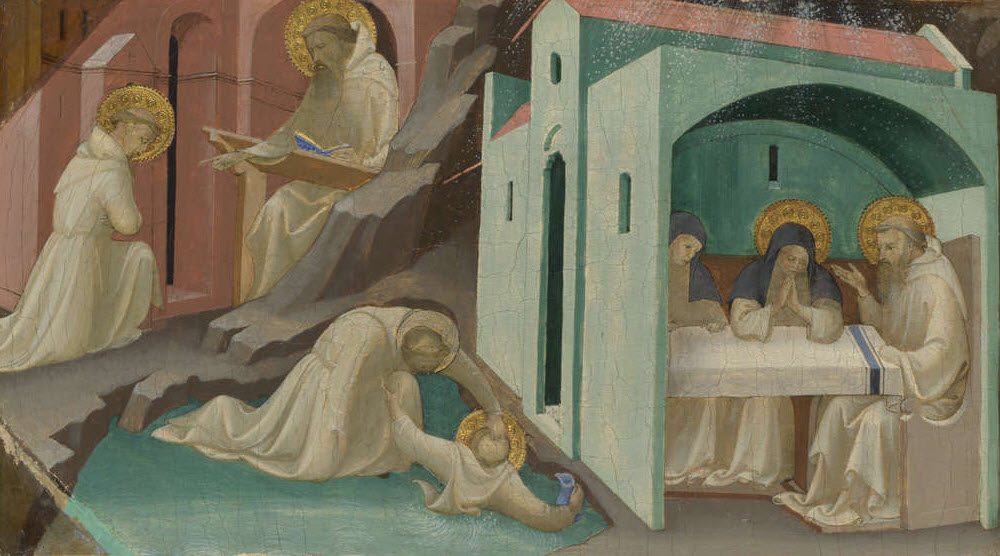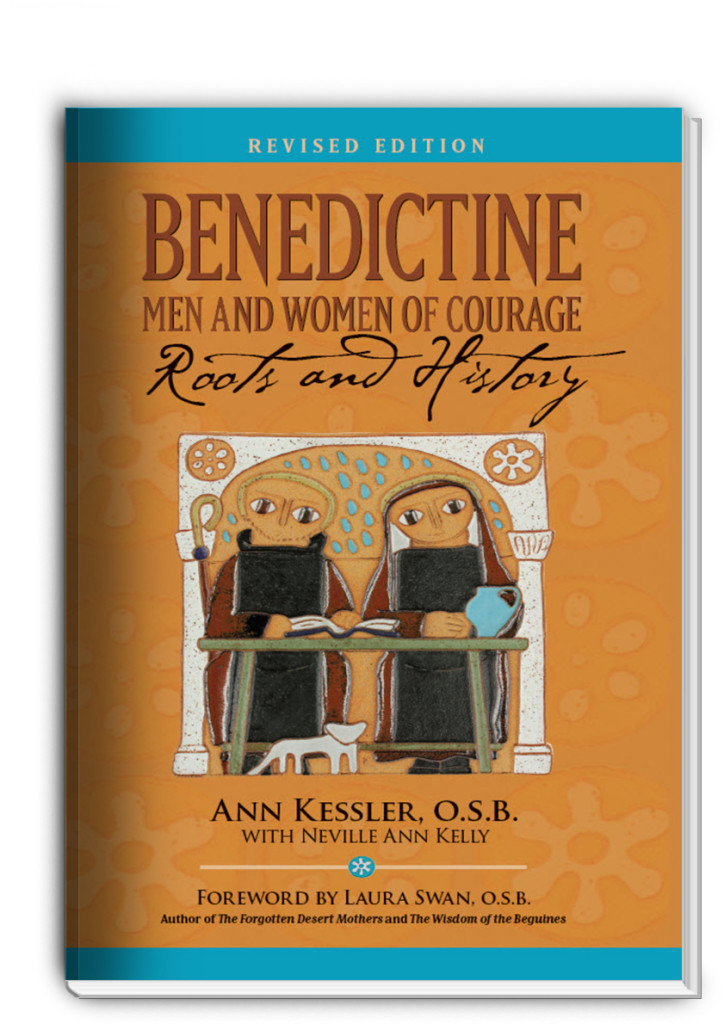Any religious history brings about new inquiry into the spirituality that birthed, sustained, and continues to effect its interpretation. As past events remain grounded in their specific contexts, they speak to us in ways informed by our own. Eminent spiritual historian Bernard McGinn considers “The Future of the Past Spiritual Traditions” in the Spring, 2015 issue of Spiritus: A Journal of Christian Spirituality. An insightful excerpt:
How are we to relate to tradition? All too often those who proclaim themselves the ‘guardians of tradition’ have insisted that they are handing down what was ‘always the same’ (semper idem) from the time of the Apostles. Nevertheless, as many modern studies of tradition, both theological and philosophical have shown, the act of handing on (traditio/ paradosis) necessarily involves both similarity and dissimilarity, sameness and difference: we can never hand on precisely what we received, because we cannot plumb all that it meant to those who gave it to us, nor can we know all that it will mean to those who receive the gift from us and try to live it.
For many people the word ‘tradition’ implies a weight from the past inhibiting freedom and creativity, but I would side with Hans-Georg Gadamer who said: ‘To stand within a tradition does not limit the freedom of knowledge but makes it possible.’ I also like to cite a statement attributed to G. K. Chesterton, which defines tradition as ‘the democracy of the dead.’ But let us remember that in this election both the dead and the living get to vote, and the living can outvote the dead when the reasons are serious enough.
In the process of conveying the spiritual wisdom of the past to a new generation, I think we need to avoid the triumphalism of insisting that everything is semper idem (a temptation perhaps more pressing on institutional leaders than academics), as well as the contrary error of thinking that the wisdom of the past can have no real place in our brave ‘new world,’ precisely because it is past and our world is new.
Our task is to learn how to present spirituality/ mysticism in all its rich diversity in ways that facilitate informed decision and effective action, individual and communal, in a situation where we recognize, as Certeau put it, that ‘the past is not our security.’ There is no future without risk.” (p. 14)
Bernard McGinn. “The Future of Past Spiritual Traditions.” Spiritus: A Journal of Christian Spirituality 15.1 (2015): 1-18.
Source: Excerpt, Bernard McGinn’s “The Future of Past Spiritual Traditions” | Benedictine History


